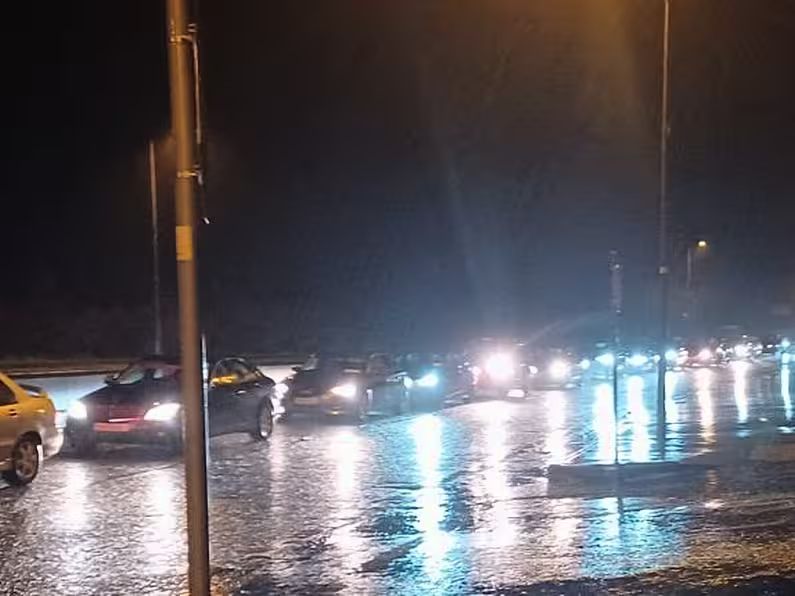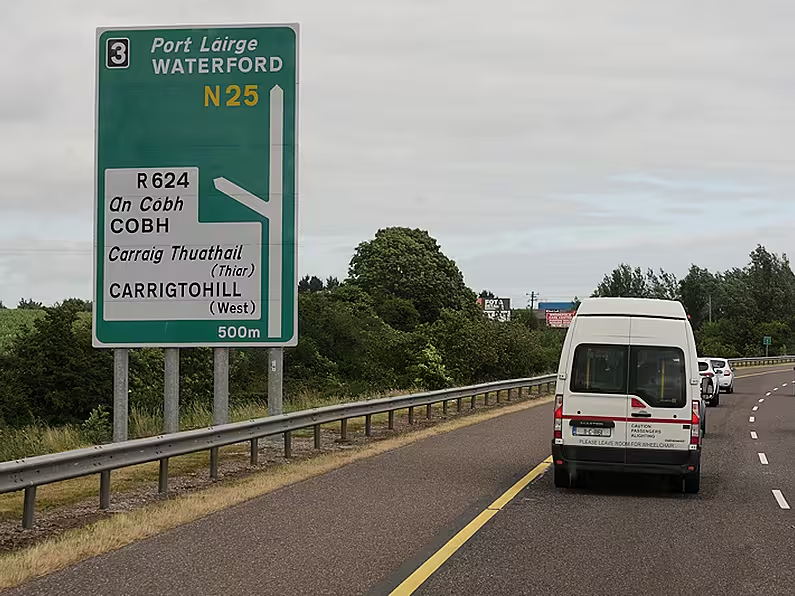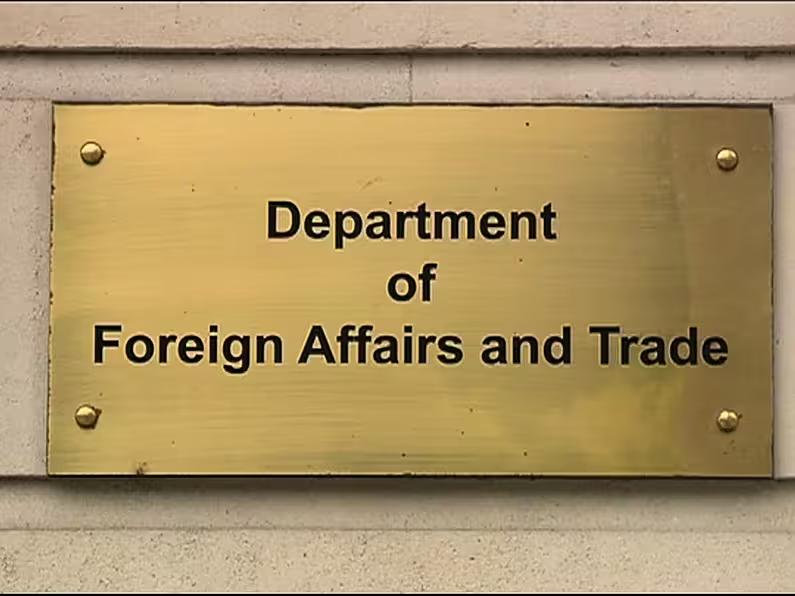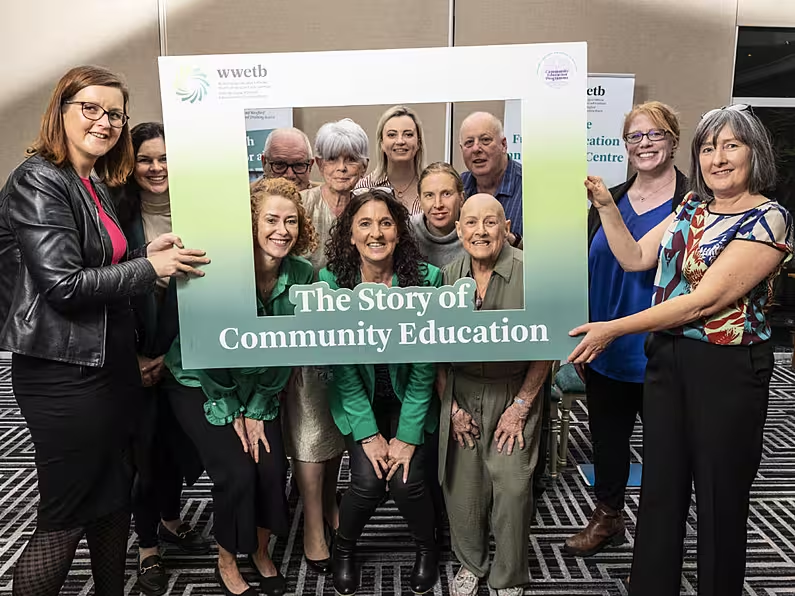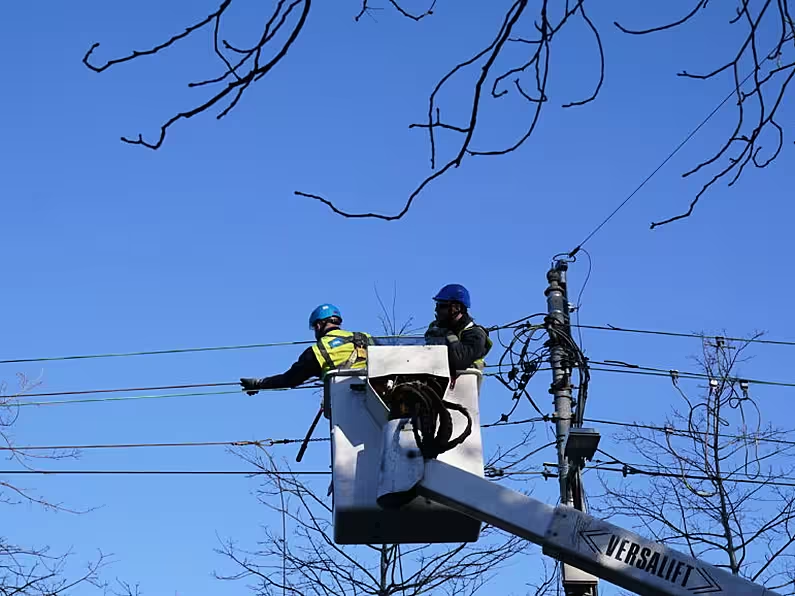James Ward, PA
Micheál Martin has slammed proposals by the British government to introduce an amnesty to end prosecutions for crimes related to the Troubles in the North.
The UK has announced plans for a statute of limitations which would end all prosecutions of ex-paramilitaries and former members of the British security forces in legacy cases.
On Wednesday, British secretary of state Brandon Lewis told the House of Commons he plans to bring the legislation to parliament in the autumn.
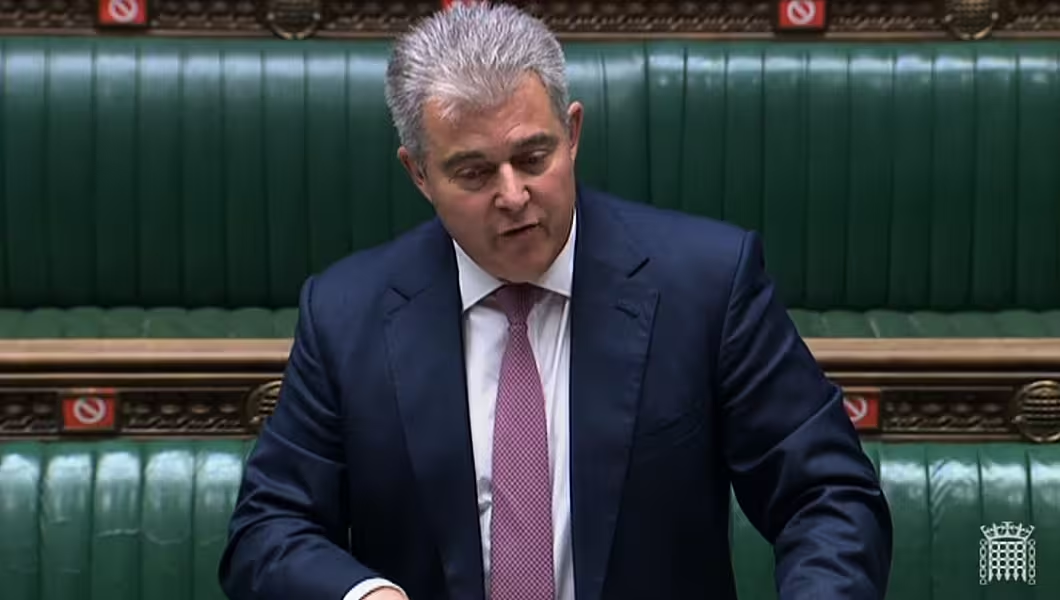
The Taoiseach said the proposals were “wrong for many, many reasons” and called on the UK government to honour the Stormont House Agreement.
Mr Martin told the Dáil: “The introduction of what amounts to a general amnesty for all security personnel, and all paramilitaries, for murders and other crimes, up until the Good Friday Agreement is not the right way to go. It’s wrong for many, many reasons. I’ve stated that consistently.
“I don’t believe in a general amnesty for those who committed murder, whether there were State actors, or whether they’re involved in terrorist or illegal organisations.
“I just don’t believe in that. We’ve consistently said that at the British Irish Government Council, there was an agreement to continue engagement with all parties and victims groups on these issues.
“That process has now started, as you know. The British government may be setting out its position, but our position as an Irish Government, shared with all of the political parties in the North and all of the victim groups, remain consistent with that of Stormont House.”
Stormont House Agreement
The Stormont House Agreement of 2014 included provisions to investigate killings and other crimes associated with the Troubles.
These included the establishment of a Historical Inquiries Unit, an Independent Commission on Information Retrieval, an Oral History Archive and the creation of an Implementation and Reconciliation Group.
However, the British government failed to implement the terms of the agreement and has instead moved to limit historical investigations.
The move has been slammed by victims and political parties in the North, who criticised them as a “de facto amnesty”.
Raising the issue with the Taoiseach on Wednesday, Sinn Féin leader Mary Lou McDonald said the proposals were an “insult to victims and their families.”
She said they would create an amnesty for “British soldiers who went into the streets and gunned down innocent civilians in Derry, Ballymurphy and beyond”.
The introduction by @BrandonLewis of an amnesty for British soldiers who went into the streets and gunned-down innocent civilians in Derry, Ballymurphy & beyond is an insult to victims and their families & an act of absolute bad faith by the British government – @MaryLouMcDonald pic.twitter.com/WPoPfGiEIG
— Sinn Féin (@sinnfeinireland) July 14, 2021
She added: “An amnesty for state and non-State actors that acted on behalf and in collusion with the British state.
“People who always believed that they would never be held to account for their actions, and that the truth behind Britain’s dirty war in Ireland would remain forever hidden by the British state.”
She continued: “This is an insult to victims and their families. It’s an act of absolute bad faith on the part of the British government and it’s left victims and survivors and their families believing that this is a fait accompli, a unilateral action from the British government and that the Stormont House Agreement has now been binned.”






